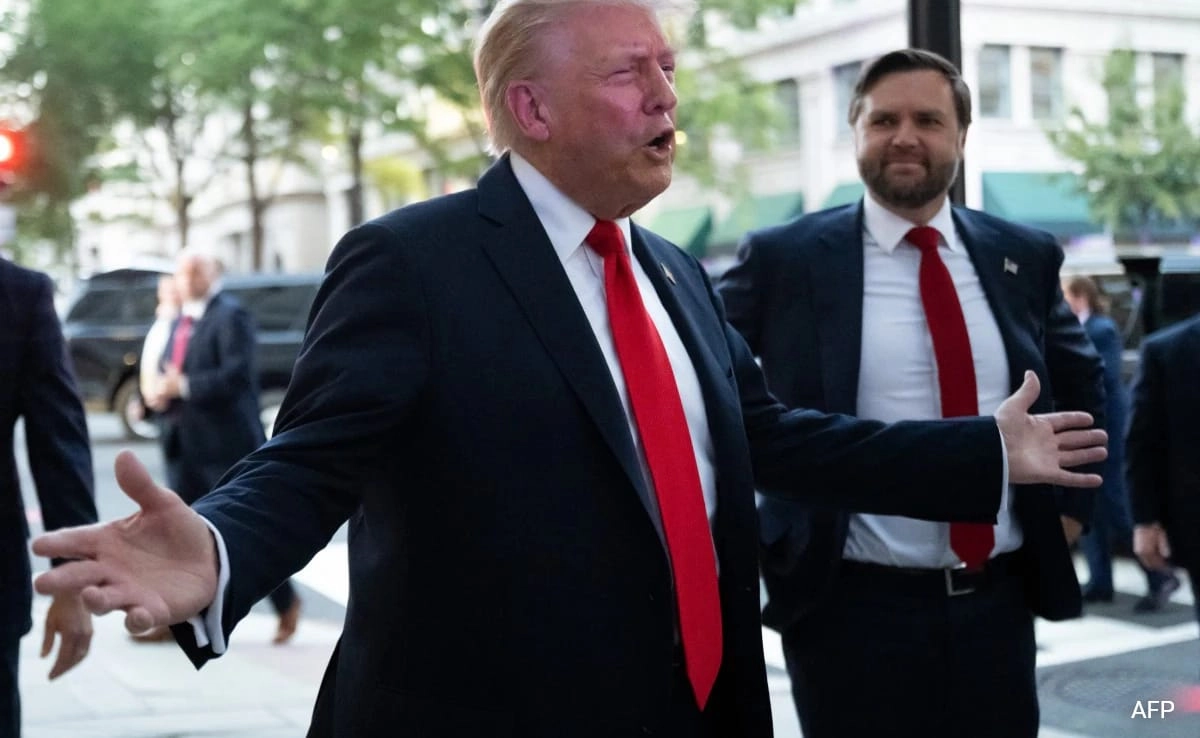In a recent statement, former President Donald Trump has urged the European Union (EU) to impose significant tariffs of up to 100% on imports from India and China. This request comes in the context of ongoing trade tensions and concerns regarding unfair trade practices that Trump and his administration have long criticized. By advocating for these steep tariffs, Trump aims to protect American industries and jobs from what he perceives as the detrimental impact of competition from these two rapidly growing economies.
Trump’s call for the EU to take action underscores the broader geopolitical dynamics at play in international trade. Both India and China have emerged as dominant players in various sectors, leading to concerns among Western nations about their trade policies and practices. The former president’s suggestion reflects a desire to align U.S. trade policy with that of its European allies, potentially creating a more unified front against what he characterizes as economic aggression from these nations. This approach not only seeks to bolster American economic interests but also aims to strengthen transatlantic relations as they navigate complex global trade issues.
Implementing tariffs of such magnitude could have far-reaching implications for global trade. While the intention is to protect domestic industries, high tariffs may also lead to retaliatory measures from India and China, potentially escalating into a full-blown trade war. The interconnectedness of the global economy means that consumers may ultimately bear the brunt of increased prices on goods imported from these countries. Additionally, businesses that rely on materials and products from India and China may face higher costs, leading to a ripple effect throughout various industries.
Moreover, Trump’s call for tariffs raises questions about the effectiveness of such measures in achieving long-term economic goals. While tariffs can provide short-term relief for certain sectors, they may not address the underlying issues of competitiveness and innovation that American industries face. As the global economy evolves, it is crucial for policymakers to consider comprehensive strategies that promote growth and sustainability rather than relying solely on protectionist measures. Balancing national interests with the realities of global trade will be essential for fostering a fair and equitable economic landscape in the years to come.




